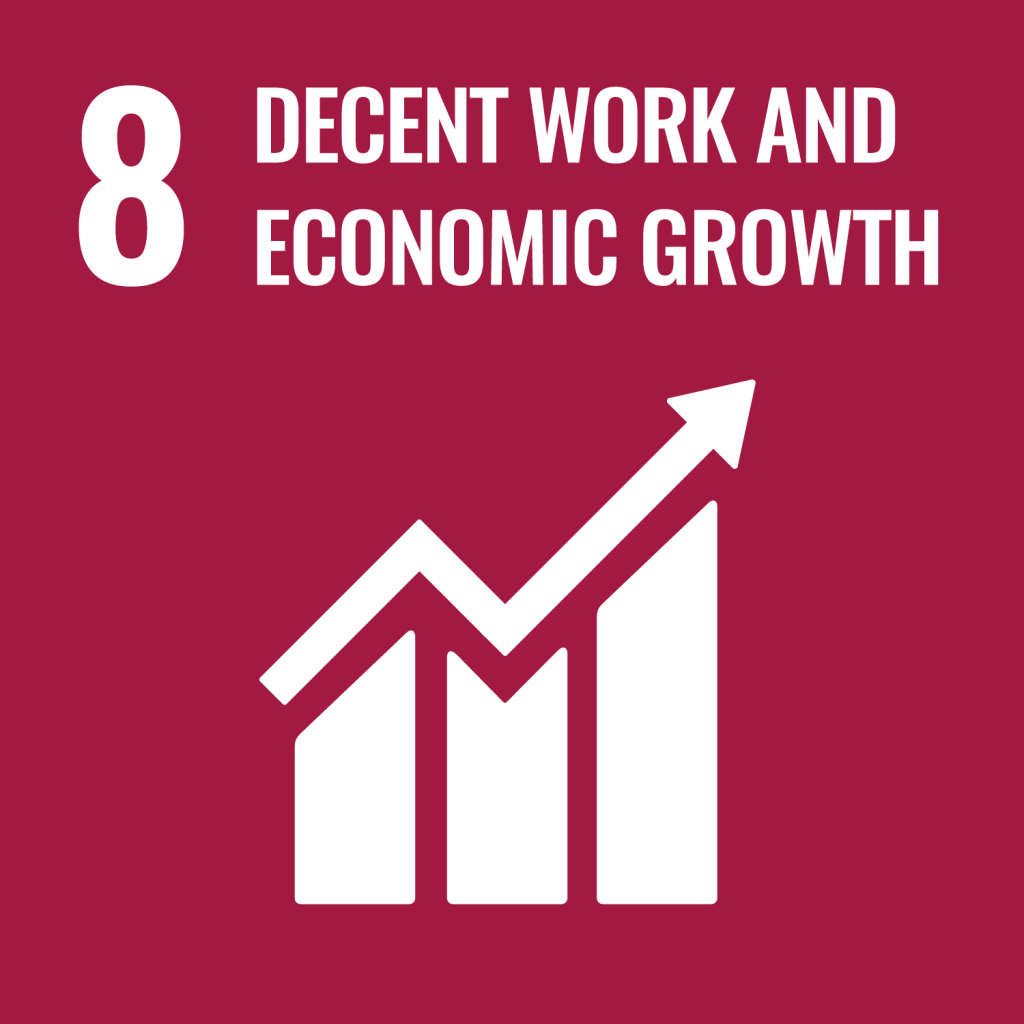Remmarlöv Gårdsbryggeri
Micro (1-9)
Beverage production
Food & Beverage
Lesson
This is a case study of a farm-based SME producing sustainable local craft beer. In contrast to the other small craft breweries that invest their resources to follow fluctuating beer trends, this SME chose to make use of their advantage of being located on a farm and made sustainability their unique selling proposition. As such, Remmarlöv Gårdsbryggeri develops sustainable beer products and invests in waste and emission reduction.
Background
The farm craft brewery in Remmarlöv, in the region of Scania in Sweden, was founded in 2014 by a fifth generation farmer and his wife. What started as a hobby has grown into a successful business with a yearly production of 250,000 litres of beer and over 80 different products, of which several have won awards. The brewery is eco-certified and about 30% of their products are organic.
In Sweden, the alcoholic beverage sector is steered by the federal liquor monopoly, Systembolaget, which is the main sales channel for craft breweries and steers beer product development through tenders. Remmarlöv´s other sales channel is direct sales to restaurants. On-site farm sales are not permitted in Sweden, but a change of law is being investigated by the Swedish government.





Sustainability Story
Influenced by the owner´s farmer mentality (e.g. frugality, reusing resources) and a feeling of responsibility for the surrounding nature, sustainability has been unconsciously integrated in the company from the beginning. Sharing exchanges with other craft breweries made Remmarlöv realize that their operations and ways of handling waste were more sustainable compared to craft breweries in urban areas. This led to a sharpened sustainability profile which Remmarlöv uses as a unique selling proposition. Their sustainability practices stretch over the entire value chain and include actions such as sourcing local malt and producing their own solar and wind energy, recovering heat through heat exchangers, using an onsite wastewater treatment plant that reuses wastewater on the farm fields, feeding spent grains to the cattle on the neighbouring farms, investing in the canning line to offer beer in lightweight cans, innovating products that contain more resilient heritage barley, and educating customers by including sustainability information on the can labels.
Remmarlöv intentionally chose to invest resources in long-term and often invisible sustainability work. Nevertheless, in a micro-sized company economic aspects are important for survival, and Remmarlöv therefore has to follow certain beer trends despite their lack of sustainability (e.g. hoppy IPAs requiring a lot of imported hops from the U.S.). Remmarlöv attempts to balance this by continuing its work in long-term change toward more sustainable beers.
Remmarlöv Gårdsbryggeri Practices
| Local, low-waste and low-carbon production |
|---|
| The micro-brewery innovates beer products with sustainable ingredients (e.g. more resilient ancient malt variety or a less water-intensive hops variety), and educate the customers about product sustainability through information on beer labels. They source malt locally, and organic ingredients as much as possible. Production is powered by on-site wind and solar energy production and spent grains (draft) are fed to cattle in the local community. Wastewater is treated on-site and reused on the fields of the farm. The beer production is optimized to reduce water, energy and beer loss (heat exchanger, centrifuge) |
Pathway Map
Local, Low-Waste and Low-Carbon Production
View the Pathway MapEnabling Factors for Practices
| Internal to the organization | External to the organization |
|---|---|
| Farmer´s mentality that makes sustainability a priority | The federal liquor monopoly (Systembolaget) pushed the production of organic craft beer for a while, is now out after beers with local ingredients and has started a sustainability labelling to highlight sustainable products on the shelves. |
| Location in the countryside and enough space that enables certain sustainability practices (on-site wastewater, re-use of wastewater and spent grains…) | Good relations to surrounding farmers |
| Communication skills to raise customer awareness (with the limited communication options that are available in the restricted alcoholic beverage sector in Sweden) | Capacity building event on sustainable brewing principles organized by Lund University and Scania´s alcoholic beverage producers´ association triggered Remmarlöv to sharpen their sustainability profile and use this as a unique selling proposition. |
| Organic certification allows to enter Systembolaget´s tendering processes for organic beer and opens up new market segments, e.g. restaurants that only buy organic beer. |
Arresting Factors for Practices
| Internal to the organization | External to the organization |
|---|---|
| Restricted time to work on sustainability aspects | Organic malt varieties are very limited which restricts product development of 100% organic beer. |
| Organic hops are hard to obtain due to low supply on the market and high demand from large breweries. | |
| A small-scale craft brewery needs to follow beer trends, even if unsustainable (hoppy beer styles, bottled beer instead of more light-weight canned beer) |

